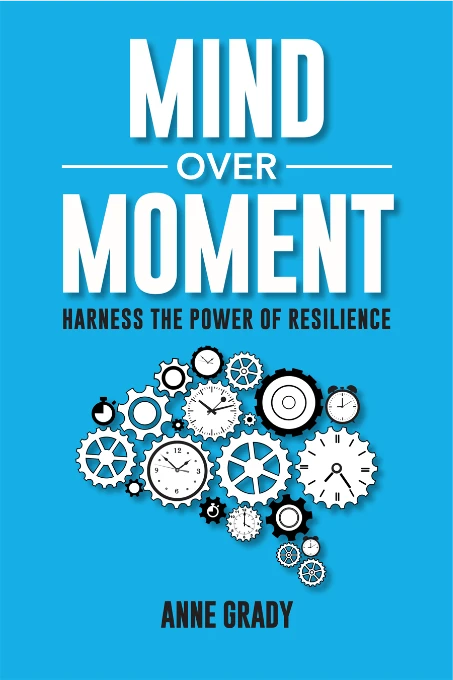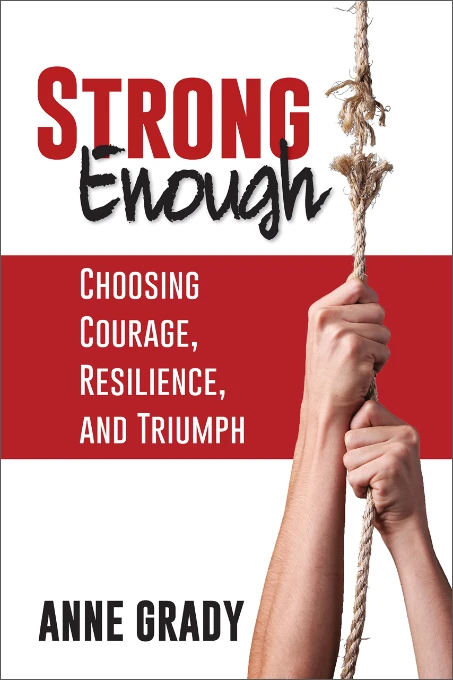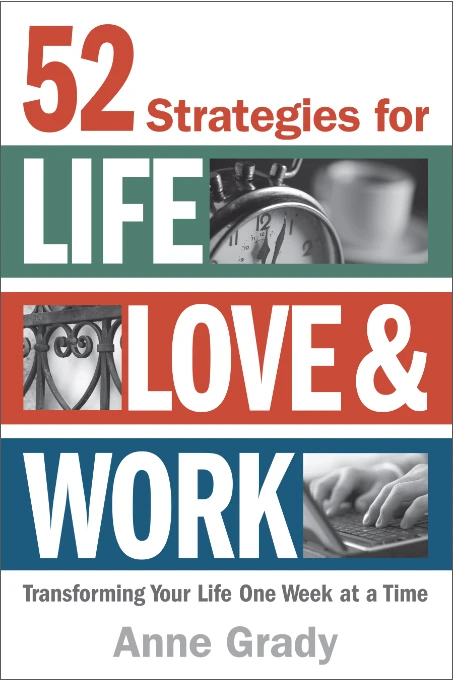Reality Check, We All Have Blind Spots
Reality Check, We All Have Blind Spots
Reality Check, We All Have Blind Spots
I was talking to someone last week after a presentation, and she said, “All this leadership and communication stuff is great, but it doesn’t really apply to me. Everyone likes me.”
That may be true sister, but let’s face it, you don’t know what you don’t know. We all have blind spots. A blind spot is a part of our personality or behavior that we’re not aware of, yet others can see it. And regardless of our intelligence, emotional or otherwise, we all have them.
If you want to continue to grow, personally or professionally, it helps to become more self-aware.
If you’re ready for a reality check and want to uncover your blind spots, try these suggestions:
- You have to want to know what your blind spots are. If you’re not ready to uncover them, that’s ok. Ignorance is bliss and sometimes we’re not in a place to “work” on our own issues. Give yourself permission not to worry about it until it’s something you can really focus on.
- If you do seek feedback, be prepared to listen without getting defensive. Ask questions and make statements, but don’t attack and don’t defend.
- Ask the people who know you and care about you to be honest and give you constructive feedback. Giving feedback is a risk, so be grateful if people are willing to give it.
- Pick one area and focus on it. Behavior changes one of three ways: rarely, slowly, or never. Don’t try to bite off more than you can chew. It will become overwhelming and nothing will change.
- Seek on-going feedback and make it safe for people to provide it. If you get defensive and argumentative, people will stop giving you feedback.
- Ask for positive, as well as constructive feedback. Ask others about your strengths and where they see you making progress.
- It’s a journey, not a destination. No matter how enlightened we are, we’ll always have some blind spots, and that’s ok. Continuously striving for progress is the goal.
How do you uncover your blind spots? Comment below!
If you can’t say something nice, don’t say anything at all.
Most of us are taught this simple lesson when we are kids. Unfortunately, it is not always practiced once we are adults. The human tendency to attribute our behavior to our intent and others’ behaviors to the type of person they are is referred to as the fundamental attribution error. Someone runs a stop sign, and we think they are a jerk. We run a stop sign and “oops”.
Regardless of our intentions, people only know what they see through our actions, and we only know what we see through the actions of others. In between our intentions and our actions lies a chasm.
How do you bridge the gap between intentions and actions? Try the following strategies 👆👆

Anne Grady is a Speaker, Author, and #TruthBomb Dropper.
Anne shares practical strategies that can be applied both personally and professionally to improve relationships, navigate change, and triumph over adversity. And she’ll make you laugh while she does it. Anne is a two time TEDx speaker, and her work has been featured in numerous media outlets, including Harvard Business Review, Entrepreneur, Forbes, Fast Company and Inc. magazines, CNN, ESPN, and FOX Business. She is the best selling author of 52 Strategies for Life, Love & Work and Strong Enough: Choosing Courage, Resilience and Triumph.






“You don’t know what you don’t know. That is a great statement.
Great advice!! Had to share some feedback with a friend over the weekend regarding how he communicates with another person who he’d been complaining about. It was a minefield, but went really well (and he already knew what I was saying was true, so that helped a lot), but when carefully worded, it can be great for everyone involved.
Hi Val! Sounds like you did your friend a huge favor, and props to you for taking the time and risk to provide feedback!
Wow. That’s great. I always say, “sometimes I may say things you may not like, so I apologize in advance, but if I hurt your feelings, let me know.” We all have people that like us, but those that don’t may never say it. I loved that statement ” you don’t know what you don’t know.” Thank you Anne! That was great.
Thanks, Juanita! I like the way you preface giving feedback. Great idea.